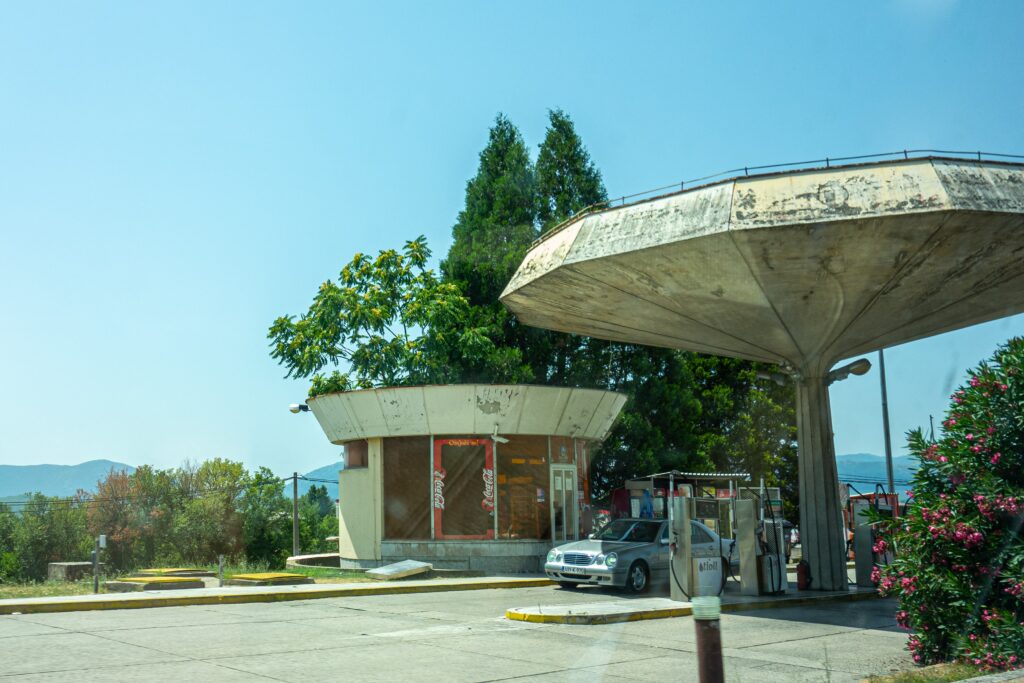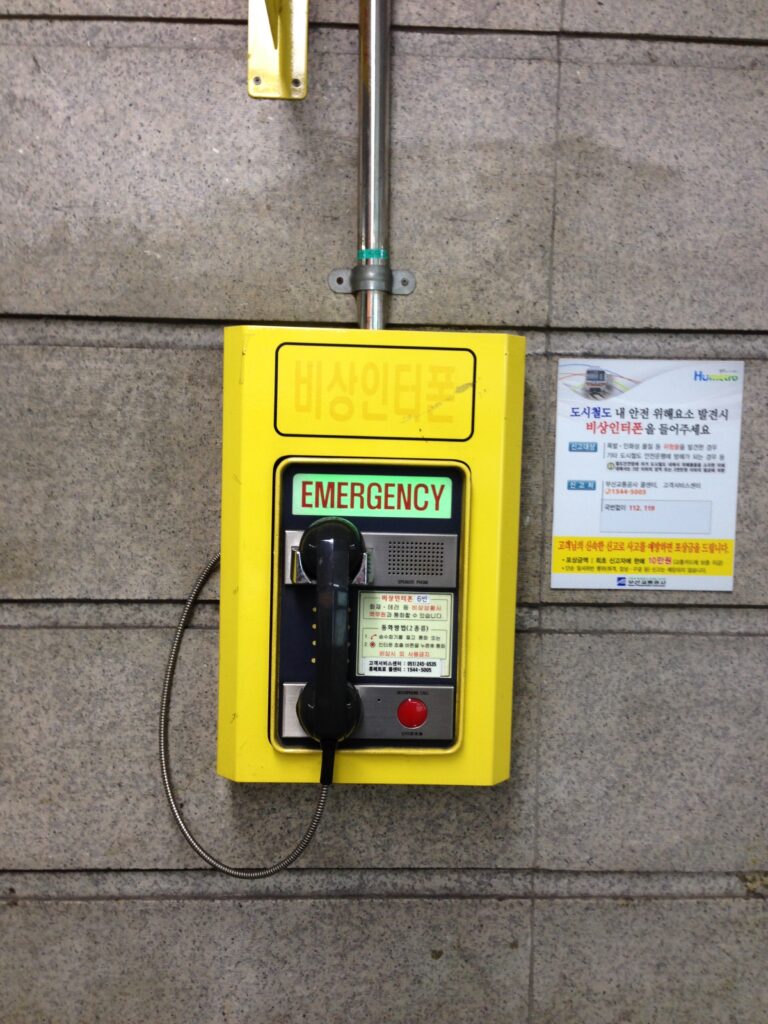FOSSIL
MODERNITY

current
A natural history of the present
Awarded with a Fellowship by the IAS Princeton (2022-2023), and the 2023 JLU Price.
I’m currently working on my second book that analyses the rise, fall and afterlife of the cataclysmic ligature of modernity and fossil materialities like coal, oil, and gas. The book shows how modernity depends on something altogether unmodern that makes it tick, that creates and sustains its dynamic, but utterly undermines it. The concept of “fossil modernity” thus denominates a social constellation encompassing fossil fuelled high modernity as well as emerging forms of sociality having to deal with the ecological disturbances caused by the residues of this modernity.
The book is organized in three parts that each reflects a different mode of fossil materiality: resources (fossil fuels), residuals (CO2, plastic waste etc.) and reclamations of these residuals for current economic and political projects. The first part provides a historical sociology of the rise and consolidation of fossil modernity from the industrialization to the “great acceleration”. The second part turns to the residuals of fossil materialities to elucidate the material continuities connecting the past, present, and future of fossil modernity. The third part analyses different responses to the residuals’ affordances and identifies three paradigms of environmentalism – recycling, response-ability, and reparation – that each in their own way represents ways of coming to terms with an unredeemed, material past.
STRANDED
ASSETS
current
Making and managing climate risks in finance
Funded by the German Research Foundation (DFG) 2020-2024
The project examines strategies to cope with risks and uncertain futures at the intersection of climate politics and finance. It focuses on the issue of stranded assets, that is, the ecologically and economically controversial problem that a consistent implementation of international climate goals could contribute to a massive devaluation of the financialized assets of fossil capitalism (especially fuel reserves and energy infrastructures). The threat of asset stranding is now wieldy registered as a so-called “transition risk”, so financial risks that occur during the decarbonization of the economy. By looking at strategies to manage transition risks, the project illuminates the way heterogenous actors try to align economic expectations with global climate goals. The project shows how the infrastructure of financial information became a designated point of passage to enable this alignment. Regulators, companies, and financial actors believe that bringing climate related information into finance will enable investors to transform the uncertainties towards the transition into a calculable risk. By elucidating the frictions between environmental and financial information, the project shows the limits and paradoxes of attempts to “climatize” finance and to financialize climate governance.

SYMBIOTIC
COLLECTIVES

Cultivating the Biosocial
Funded by the Volkswagen Foundation 2018-2021. Together with Prof. Sven Opitz
Symbiotic Collectives examined the social implications of the symbiosis paradigm that has recently resurged in the life sciences due to the research on the microbiome. The project looked at the way the manipulation of symbioses catalyses the emergence of new bio-social relations. It focuses on two cases in which the biotechnological intervention in symbiotic relations between host animals and microbes addresses global problems: The modification of bovine ruminal bacteria seeks to reduce the methane production of global cattle populations. The creation of a symbiotic relationship between a bacterial species and a mosquito stops the latter from acting as a vector for infectious disease like dengue fever. The cases provide a particularly illuminating lens on the emergence of a distinct mode of (sym)biopolitical intervention – symbiotic engineering. In the project I have focussed on the way life processes, and more specifically cows and microbes, become sites of climate mitigation.
THE RESILIENCE
DISPOSITIVE
Catastrophic Risks and the Biopolitics of Vital Systems
PhD project, funded by the German National Academic Foundation (Studientstiftung) and a DFG publication Grant.
My PhD project investigated the government of emergencies in Germany and the EU. Drawing on insights from critical security studies and the sociology of risks, I analyzed how wide array of governmental agencies ranging from public health to the military, from financial regulation to environmental protection etc. developed responses to catastrophes and systemic risks such as infrastructural breakdown, terrorism, pandemics, natural disasters, and financial crisis. I showed that at least since the beginning of the new millennium these institutions came to adopt a series of isomorphic security technologies and governmental rationalities that broadly fall under the rubrics of preparedness and resilience. I argue that this represents the emergence of a new security dispositive – the resilience dispositive – that supplements other historically constituted forms of security like sovereign and social security. My first book “Das Sicherheitsdispositiv der Resilienz” illuminates the recent emergence and the genealogy of this dispositive and the way it shaped security practices in governmental institutions as well as in private sector organizations.
